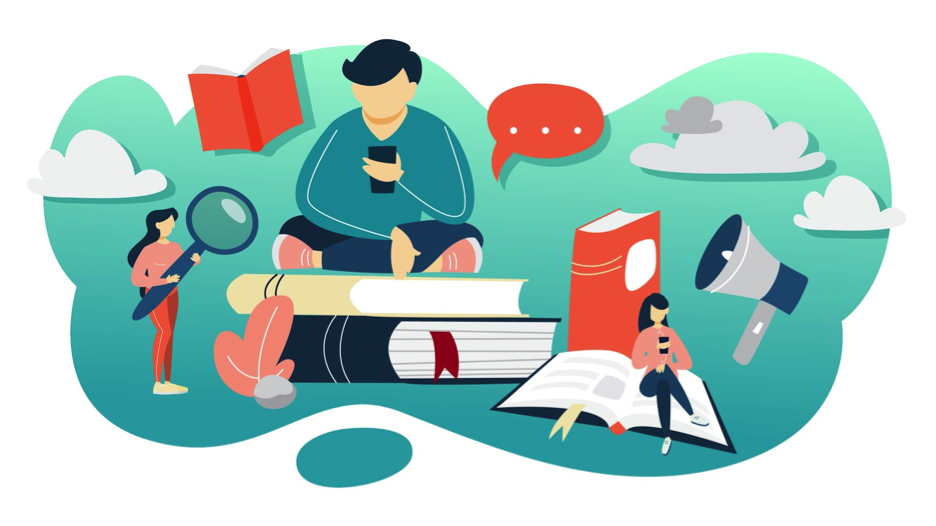|
For many of us, the purpose of education is simply to gain the knowledge needed to achieve our goals. We may remember the long days spent trying to memorize dates for a history test, or element symbols for chemistry, or different identities for math. Education for many has always been, and likely will always be, mainly rooted in the attaining of knowledge that is presented to us.
However, we can’t simply spend our education learning facts; we also have to learn how to learn. This means thinking critically, performing our own investigative research, and assessing credibility whenever we’re learning something. Education shouldn’t be focused simply on teaching others, but should also help us teach ourselves. In the wake of the coronavirus pandemic, a second pandemic has swept the nation, albeit one that we are already familiar with: misinformation. Because this new normal of social distancing and quarantining is unfamiliar to most of us, misinformation and conspiracy theories have run rampant throughout social media and other outlets. It is why, in situations like these, that knowing how to teach ourselves is so important. By looking up information in reputable sources such as US and state government health websites, following the advice of credible health officials and scientists and thinking critically about what we might see on the Internet, we can not only learn more, but also keep ourselves and others safe. While traditional education is rooted in memorizing what we’re told, a greater emphasis needs to be placed on critical thinking. By being able to think for ourselves, and come to our own conclusions about what is correct and what is misleading, we can protect ourselves from the hive mind found on social media. Being able to think critically, especially during a pandemic, can save lives. Gavin Cartier Content Strategists |
Categories
All
Archives
June 2023
|


 RSS Feed
RSS Feed